
In classroom No. 1 at the 27th of April School in Pinilla, Santa Cruz, the scorching heat causes small beads of sweat to appear on President Luis Guillermo Solís’ forehead. This school is one of six that Solís rebuilt after they were destroyed by the devastating Sámara earthquake of September 2012.
With a file full of papers in hand, the president responds to each of the The Voice of Guanacaste’s questions by reviewing the file and citing one achievement or another in the province. For 30 minutes, President Solís discusses water shortages, economic development, education, migration and roads. He mentions what isn’t going to happen – Route 160 Nosara-Samara, and the previously promised halt to the wave of African migrants – as well as what is going to happen, including regulations blocking families from being evicted from the maritime zone and a short-term solution to water shortages, among others.
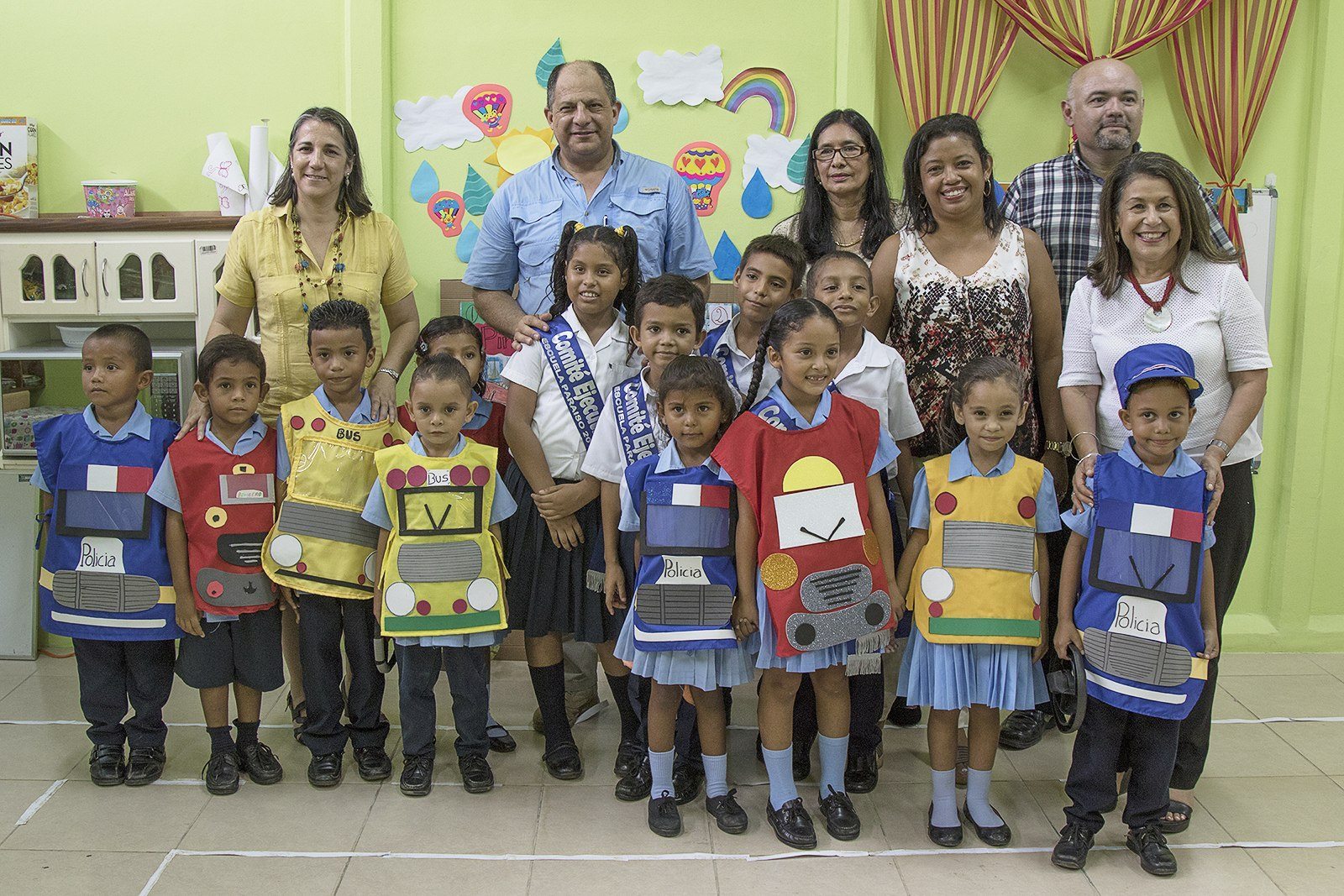
Excerpts of the interview follow:

Guanacaste’s development is based on livestock, agriculture and real estate investment. Everything depends on water. What alternatives does the region have?
Development without water is impossible. We have three megaprojects to deliver water. We can’t continue relying solely on wells. We’ve got to divert (water); there’s no other option. Studies are underway for a reservoir on the Piedras River, and a diversion from the Liberia River also is needed. If we hadn’t started those projects quickly, there wouldn’t be more investment, not even in hotels. We also wouldn’t be able to sustain agricultural activities nor would the possibility exist to build more homes for people who come to Guanacaste to live.
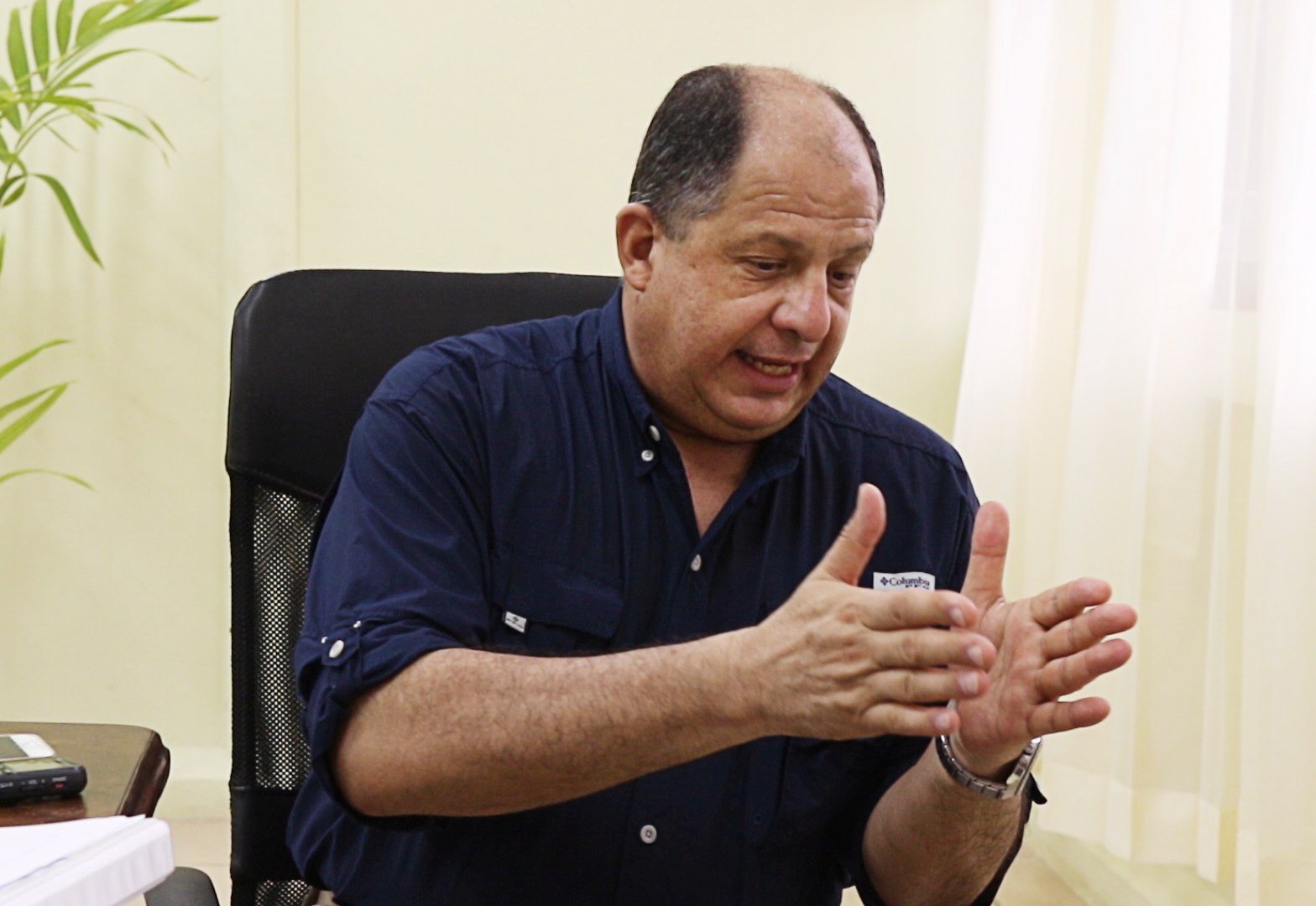
These megaprojects won’t be finished for at least three years.
We have projects that take seven months to complete, such as the one inaugurated in Colorado de Abangares and another one in Cañas. We have an aqueduct planned for Nicoya, and there still is the possibility of working with wells. The Costa Rican Water and Sewer Institute is currently setting up 13 of them, and those can be used immediately.
But business owners continue to be denied water permits.
There are areas without water, where they’re not going to be able to build. And there probably won’t be (water) for another three years. If we continue at the current pace, under the direction of ICE (the Costa Rican Electricity Institute), those times are going to be significantly reduced.
Of all the projects, the vice minister of water claims that in reality, only about 20 percent are completed. Most of these big projects will start being carried out in 2018, when you’re no longer president. How can you guarantee continuity?
Not everything can be done immediately, but the priority for Guanacaste is clear. Guanacaste is not a forgotten region – it’s at the center of discussions. And not just the issue of water. For example, we’ve already started work at the reservoir on Río Piedras. It’s an issue of commitment and political will. I can’t speak for the next three administrations, but in this administration we’re going to continue this pace for the benefit of the people.
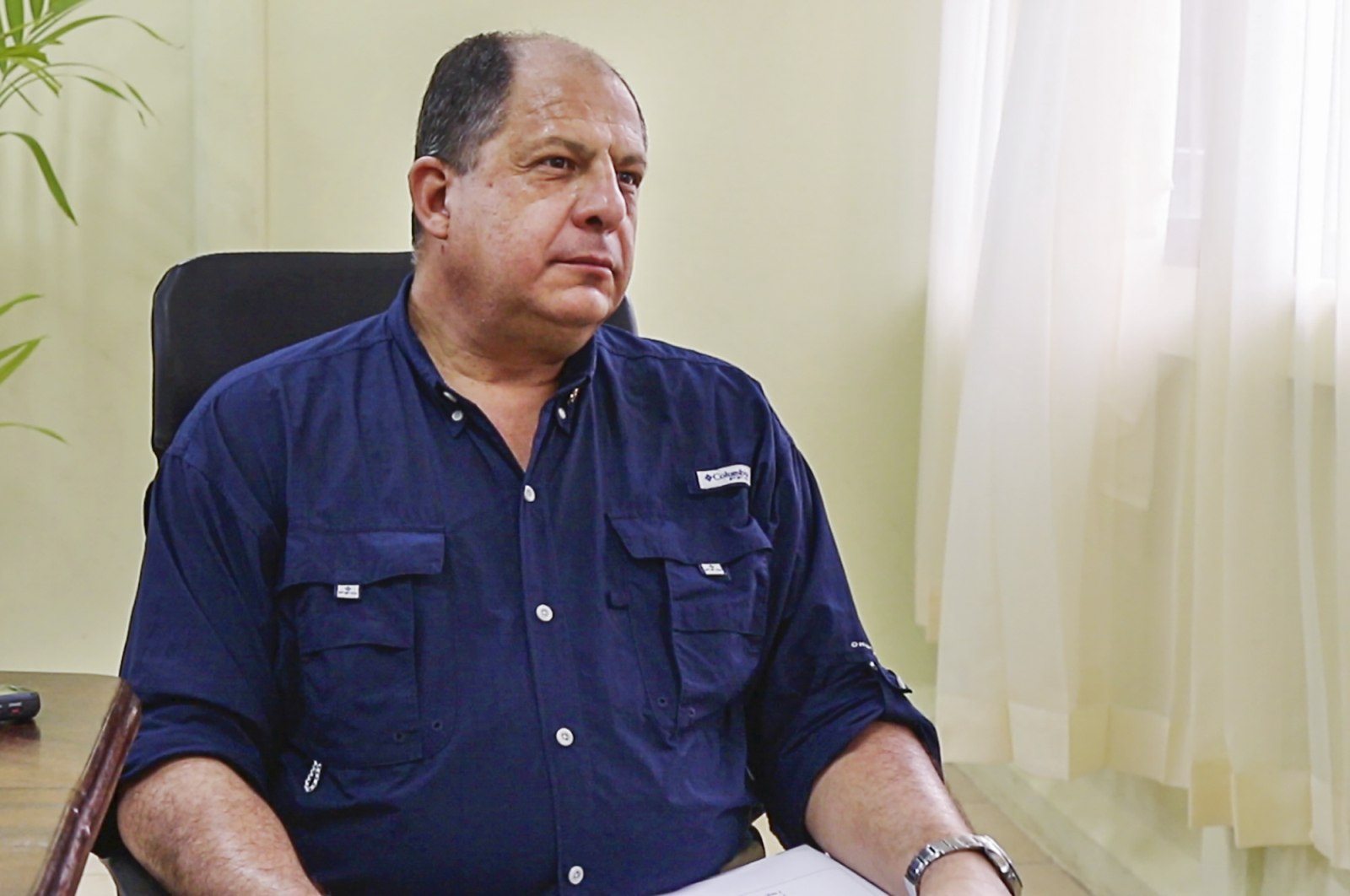
The current water law is totally obsolete. In your May 1 speech, you didn’t include it on your list of priorities. Why not?
It absolutely is a priority and we’re supporting (reforms to the water law). The government has given its word. Two provisions have to be modified to address unconstitutionalities. We’ve spoken with the productive sector, and at the end of the day, they never agree with any of the reform proposals we present. But the people deserve a modernized law to regulate water resources.
Improving communities ‘little by little’
What can this administration promise to the people of La Cruz de Guanacaste in terms of the mass migration of people from Africa?
The issue of immigration is a global phenomenon. Organized crime’s involvement in the trafficking and smuggling of people is more powerful and more profitable than even the trafficking of drugs. I can’t guarantee to anyone in this country that we’ll be able to completely stop migratory flows. We hope to do so little by little. We’re taking the steps so that (migrants) can enter and leave under conditions that won’t have serious consequences for communities like La Cruz.
What will your administration do to guarantee that families who have lived in the maritime zone will have a place to live, and won’t have to worry about being kicked out?
We can’t allow these families to be expelled. This administration is committed to the Tecocos bill, which wasn’t passed. But already there is another bill by lawmakers from the province.
But this group of citizens is defenseless at the moment. The moratorium adopted by President Laura Chinchilla expired in September 2014. Right now, if a municipality wanted to, it could evict them.
Lawmakers have bills, and this administration is going to support one of those bills. And if issuing a decree is necessary, we will do it. But we want a much more definitive solution, one that’s more than a decree, because we also have to protect natural resources.
For the community of Nosara, Route 160 is a recurring theme. During your first visit in 2014, you promised that this road would be paved. Is that going to happen?
Route 160 is one of the longest (roads) in the country. When I visited the community of Nosara, I didn’t say we were going to pave it, I said that we would try to pave it the best we could, because that $60 million doesn’t exist.
We have the recording from June 23, 2014.
Well, let’s suppose I promised. We’re working on it, but it’s a long road. It starts on the peninsula’s coast, then curves around and goes up to Nosara. From there on up, it still is a long way. The route has been intervened, they’ve put in an asphalt mix, and they’re working on the issue of expropriations. We’ve got to remove land in some areas, and we still have to secure $60 million that isn’t there. But we’re working on it.
So the residents of Nosara won’t see their highway asphalted by the end of your administration?
Let me repeat: The road will not be finished. It’s impossible. Nosara could be (finished). We’re currently providing maintenance.


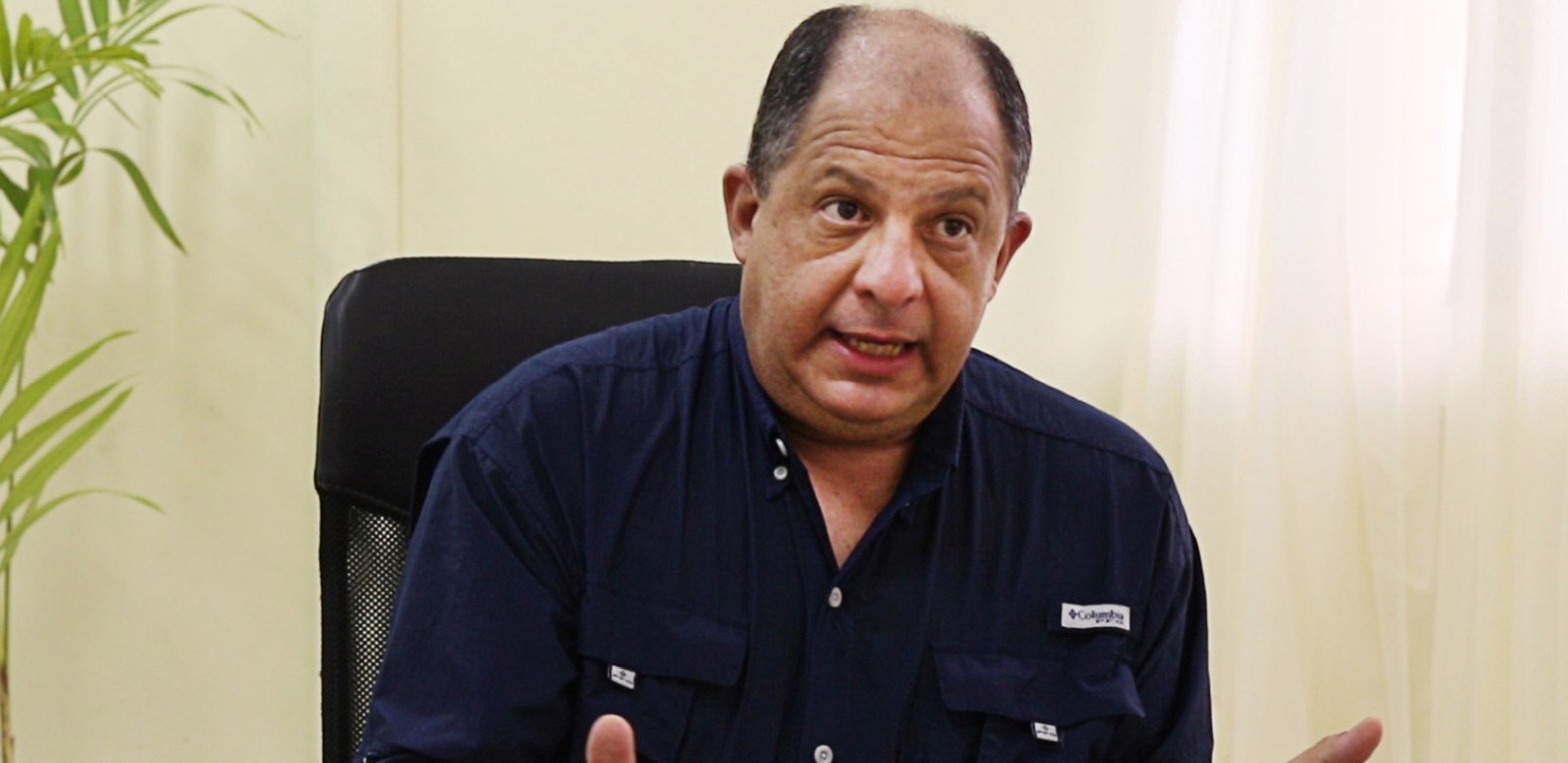
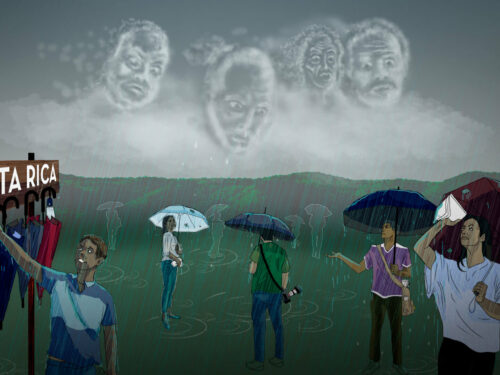

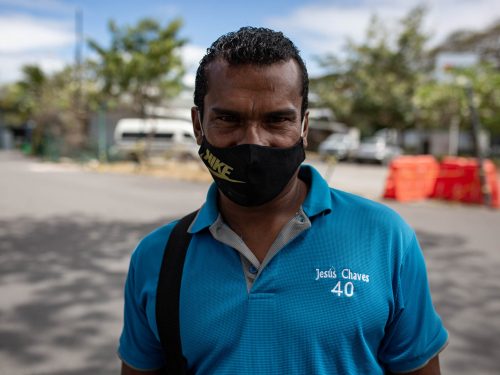

Comments